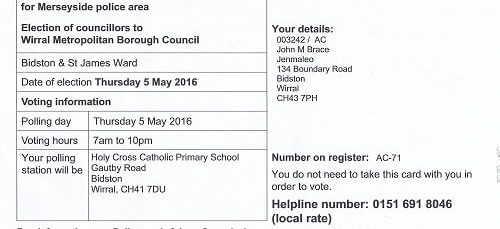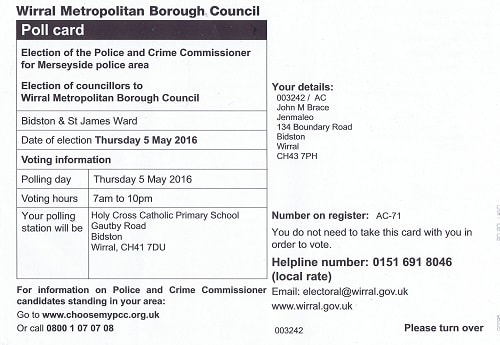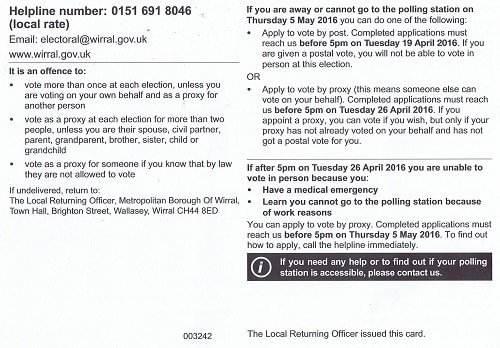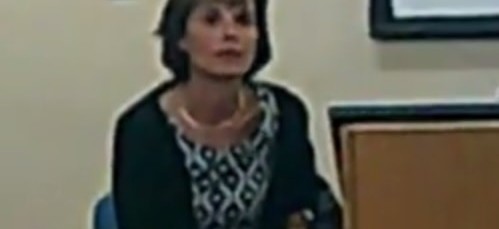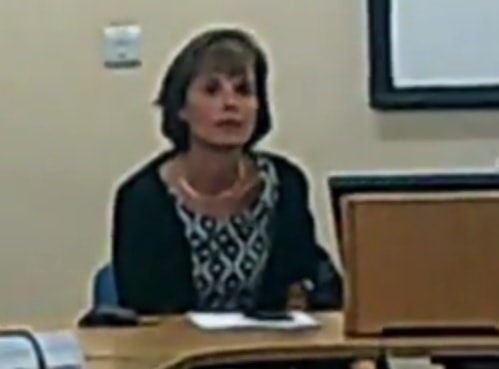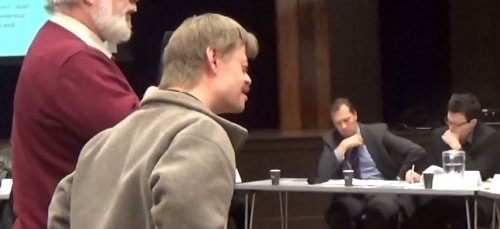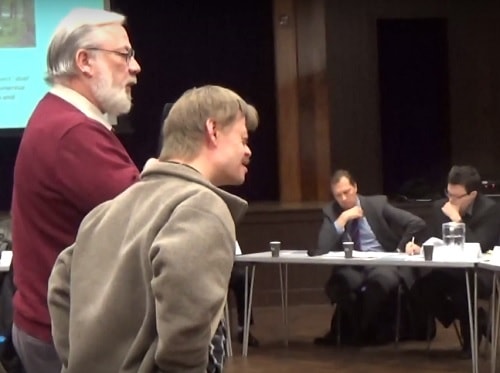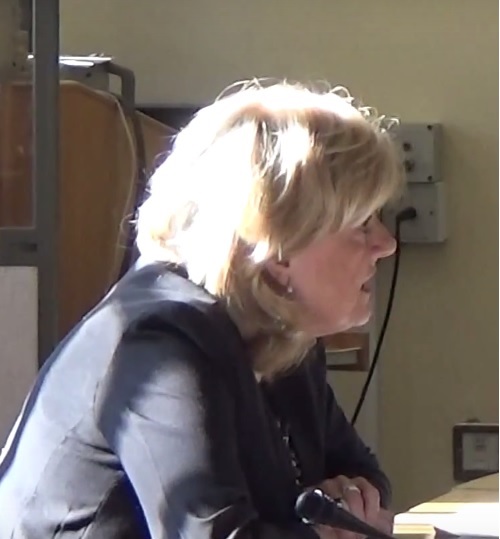Who wouldn’t want you to read this story about the election of 4 Wirral councillors?

George Orwell “Journalism is printing what someone else does not want printed: everything else is public relations.”
This is a tale of power, money, elections and the public right to know. What happens next following this is a reflection of the society we all live in. I strongly suspect that very little will result. I’ve used my editorial independence to write this as my conscience is clear if these matters are in the public domain.
I would like to point out that until recent years the chairs of committees at Wirral Council were shared across the political parties. Labour however decided in the recent past that they wanted to keep the power that rests with chairs to themselves. Therefore that is the reason why all the main characters in this are Labour politicians. It’s nothing personal and I have no axe to grind against the Labour Party.
Like all good stories this tale indeed starts well before the election started. However, we will skip ahead to the beginning of the elections in 2016.
All candidates have to fill out what are termed nomination papers and deliver these nomination papers to Wirral Council by a deadline to be included in the election. The four candidates this tale (who were each elected as councillors) are Anita Leech, Janette Williamson, Mike Sullivan & Bill Davies (real name William Davies).
During the election (but not now after the result is declared) you have a legal right to inspect the nomination papers and request copies. I requested these 4 nomination papers from the Returning Office Eric Robinson.
In addition to the nomination papers, in order to be a valid and legal nomination various pieces of legislation need to be attached too. These pieces of legislation deal with who is disqualified from being elected. I presume the point of having to attach these for a valid nomination is to prevent candidates and agents at a later date claiming ignorance of what they mean.
The declaration they each have to sign (which also has to be witnessed) states the following,
The nomination papers of each candidate are linked to at the end of this article.
The first part of section 80 declares:
(1) Subject to the provisions of section 81 below, a person shall be disqualified for being elected or being a member of a local authority … if he—
(a) holds any paid office or employment (other than the office of chairman, vice-chairman or deputy chairman [or, in the case of a local authority which are operating executive arrangements which involve a leader and cabinet executive, the office of executive leader or member of the executive]) appointments [or elections] to which are or may be made or confirmed by the local authority or any committee or sub-committee of the authority or by a joint committee [or National Park authority] on which the authority are represented or by any person holding any such office or employment; or
So what does that mean? Well he above also means she, but the employment bit means councillors cannot also be employees of Wirral Council as it represents a conflict of interest. Section 81 provides an exception for teachers and other people employed by schools (who are technically classed as local council employees) to be elected as councillors.
As you can see from the above, any Leader of a Council or Cabinet Member is also not excluded from being elected on those grounds.
Edited: 9/5/16 It’s been pointed out that s.80(1)(a) is open to different interpretations and chairman could be interpreted as all people with the title of Chair or just the Chair of Wirral Council (the Mayor). The guidance the Electoral Commission produce for Returning Officers on the matter is here and makes it very clear about the disqualification of candidates represented on outside bodies. That guidance however makes it clear that the relevant dates about disqualification (as determined in previous legal cases) are the date of nomination and the date of election.
Each of the four candidates I name above were at the time of their nomination and election holders of paid office at Wirral Council. I outline below which paid offices they held and the annual amounts they received. These are additional allowances in addition to the basic allowances they receive as councillors.
Janette Williamson – Chair of the Transformation and Resources Policy and Performance Committee (£4,585)
Mike Sullivan – Chair of the Regeneration and Environment Policy and Performance Committee (£4,585)
Bill Davies – Chair of the Licensing, Health and Safety and General Purposes Committee (£4,585) and Chair of the Standards and Constitutional Oversight Committee (£1,375).
None of these four individual resigned their chairs before the date they were elected and they continue receiving allowances for these at the time of writing.
I presume the whole point of this is to ensure a level playing field and free, fair and open elections. After all if one candidate can turn round and say “Vote for me, I’m Chair of the Planning Committe” and in theory use their taxpayer funded paid office to pay for their election expenses is that fair?
The observant among you will have already realised that the above disqualification also rules out those councillors representing the Council on outside bodies (off the top of my head the Police and Crime Panel, the Merseytravel Committee (or other committees of the Combined Authority) and the Merseyside Fire and Rescue Authority) are a few that I could name.
However I am not covering these here and it’s up to you the reader if you wish to explore whether any candidates in the election would seem to be disqualified on these grounds.
So what you may say? Even if the above four resigned, that would leave 35 Labour councillors and only 27 opposition councillors. As I say, I haven’t considered whether any candidates would be disqualified on any other grounds and as the deadline for submitting election expenses is a month away I haven’t inspected the declared election spending of candidates too.
However as the public have a right to know, here are the nomination papers of the four candidates I have named above.
Obviously the individuals (and their agents) have some unanswered questions as to whether they knew the above at the time of their nomination. It is only however my job to observe this anomaly and report on it, rather than be in a position to take action to resolve the matter one way or another.
The nomination papers are multi-page TIFF files as these were the format supplied by Wirral Council. I have not converted them to image files that can be read by a browser as I felt it best to leave them as they originally were.
I will end this with a big caveat, the above is merely how it seems from here. The people named could be totally ignorant of what disqualifies people from being a councillor (which would seem to be a difficult position to maintain as they had to include the legislation with their nomination papers). I could be wrong and the above could just be an arcane legal point.
Looking at a case where two Lib Dem Assembly Members were elected to the Welsh Assembly but were disqualified, one of those two successfully argued that the published Welsh guidance on the matter was out of date therefore disqualification was unfair.
However, I’d be interested to hear people’s thoughts on what I’ve written here.
Rock Ferry – William Davies (Bill Davies) nomination papers
Pensby & Thingwall – Michael Sullivan nomination papers
Liscard – Janette Williamson nomination papers
Leasowe & Moreton East – Anita Leech (nomination papers)
If you click on any of the buttons below, you’ll be doing me a favour by sharing this result with other people.

